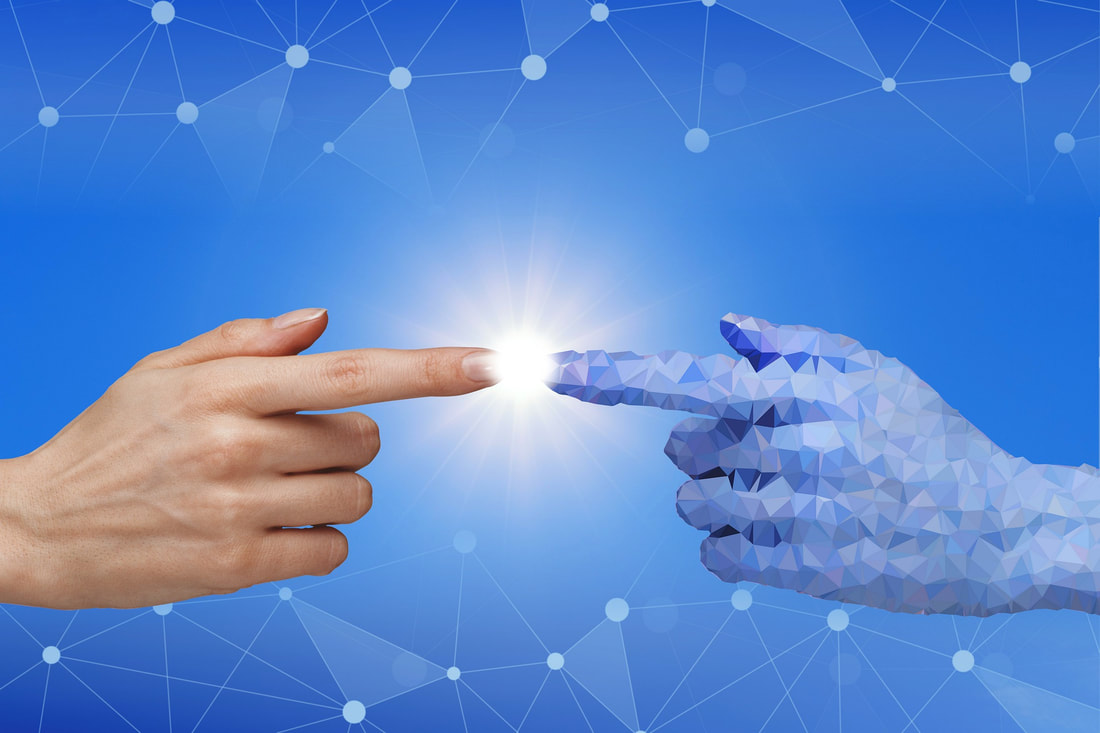"The future of education is not about what we teach, but how we teach. It's not about the knowledge we impart, but the skills we cultivate. It's not about preparing students for a job, but for a lifetime of learning and adaptation." ChatGPT As a learning experiment, I decided to look into ChatGPT. According to some, this will be an important tool for the future of education. Here's what ChatGPT itself had to say about the future of education:
Education has always been a fundamental aspect of human society, and its importance has only grown in recent years as technology and globalization continue to reshape our world. As we look to the future, it is clear that education will play an even more crucial role in preparing individuals for the challenges and opportunities of tomorrow. One of the most significant trends in education is the shift towards personalized and adaptive learning. With the help of artificial intelligence and machine learning, educators can tailor instruction to meet the unique needs and learning styles of each student. This approach recognizes that every individual is different and that a one-size-fits-all approach to education is no longer effective. As more data is collected about student performance and engagement, teachers can use this information to create more effective learning experiences that help students reach their full potential. Another key trend in education is the integration of technology into the classroom. From online learning platforms to virtual and augmented reality tools, technology is transforming the way we teach and learn. With the rise of remote and hybrid learning, technology has become even more essential in ensuring that students have access to high-quality education, regardless of their location or circumstances. In the future, we can expect to see even more innovative technologies emerge, such as advanced analytics tools that help teachers assess student progress in real-time. Along with personalized learning and technology integration, we are also seeing a growing emphasis on skills-based education. As automation and AI continue to transform the workforce, it is becoming increasingly important for individuals to possess a broad range of skills, including critical thinking, problem-solving, creativity, and collaboration. These skills are not only essential for success in the workforce but also for navigating the complex social, political, and environmental challenges that we face as a society. In addition to these trends, the future of education will also be shaped by global forces such as demographic shifts, economic development, and geopolitical change. As the world becomes more interconnected, it is essential that education systems prepare students for the realities of a globalized world. This includes developing cross-cultural competencies, language skills, and an understanding of global issues such as climate change, human rights, and international trade. While the future of education is full of possibilities, it is also important to acknowledge the challenges that lie ahead. These include issues such as equity and access, funding and resources, teacher training and retention, and the need for more diverse and inclusive curricula. Addressing these challenges will require a concerted effort from educators, policymakers, and stakeholders at all levels. In conclusion, the future of education is a dynamic and exciting landscape that offers tremendous opportunities for growth and innovation. By embracing personalized learning, technology integration, skills-based education, and global perspectives, we can create a more equitable, inclusive, and sustainable future for all. However, it will require a commitment to continuous learning and improvement, as well as a willingness to tackle the complex challenges that lie ahead.
0 Comments
Leave a Reply. |
KEVIN J. BROWNEPhilosopher / Educator These blog posts contain links to products on Amazon.com. As an Amazon Associate I earn from qualifying purchases.
Categories
All
Archives
April 2023
|




 RSS Feed
RSS Feed
















